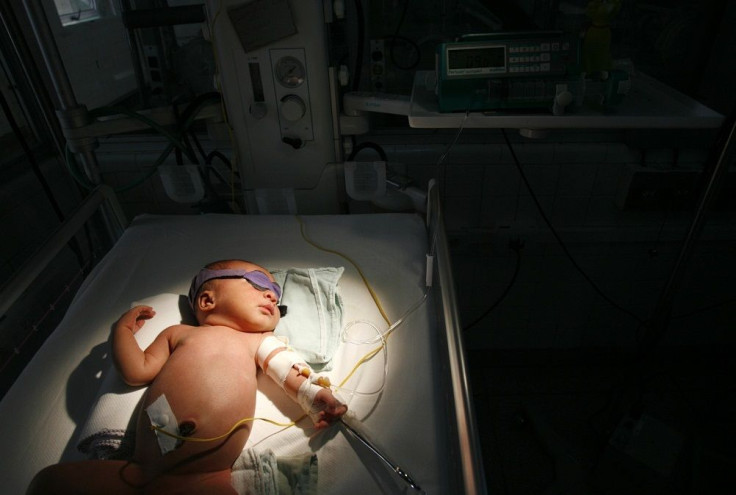A Single Abortion Raises the Risk of Premature Birth in Future Pregnancies

While previous studies suggested that multiple abortions could result in complications in future pregnancies, new findings suggests that the risk may be just as great even after one termination.
Researchers found that women who terminate their first pregnancy could be risking not only their own health but that of their next baby.
The study, presented Wednesday at the British Science Festival, found that woman who have had one abortion are at a higher risk of a range of problems like having their next child born prematurely to preeclampsia, a complication that can be fatal to mother and baby in which hypertension in pregnancy arises.
More importantly, researchers found that having just one abortion appeared to be enough to do the damage, with later abortions not adding any more risk.
The latest findings differ from past research that found that the risk of complication in future pregnancy rises with each abortion.
Although it is generally agreed that abortions tend to lead to premature births in later pregnancies, lead researcher Professor Siladitya Bhattacharya, Chair in Obstetrics and Gynaecology at the University of Aberdeen and his colleagues studied how differing methods of abortion affected the future likelihood of premature births.
Bhattacharya and his team analyzed records of Scottish women from 1981 to 2007 and found that abortions increased the risk of giving birth prematurely in future pregnancies by an average of 37 percent compared to women who had never been pregnant before.
However, results from the study found that the risk of premature birth associated with abortion is not as high having an initial miscarriage.
Researchers noted that most of the risks were linked to "surgical" and not "medical" abortions that use pills, which are becoming increasingly common.
Women who undergo "medical" abortions are given pills that induce termination rather than undergoing a physical procedure. Researchers said that women who underwent medical abortions were not more likely to give birth prematurely than women who had never been pregnant before.
"Up until now what has not been entirely clear is the effect these abortions may have on subsequent childbearing. It has been believed that infection, cervical trauma and endometrial curettage associated with induced abortion could lead to future infertility, ectopic pregnancy, preterm delivery and placenta praevia but the data from previous studies have been mixed," Bhattacharya said in a statement.
"We found that women who had an induced abortion in their first pregnancy were more at risk of maternal and perinatal risks in comparison with women who had had a live birth or no previous pregnancy," she concluded.
Researchers say that the findings suggest that surgical abortion could impact the cervix in a way that makes it less resilient in a later pregnancy and therefore makes it more likely that there will be a pre-term birth. While the latest findings seems to suggest that surgical abortions are more likely to induce preterm births, Bhattacharya acknowledges that medical abortions could only be used up to a certain point during pregnancies and that medical abortions required different resources than surgical abortions.
"Like many other interventions in medicine, it's about the evidence but its also about the interpretation, preference and availability of facilities," he said, according to the BBC.
Researchers were surprised to find that while one abortion increased the risk of pre-term birth, repeat procedures did not seem boost the risk. "This was interesting because there are other studies that have shown disagreement," Bhattacharya told BBC. "A recent paper from Finland has found [that more abortions lead to a greater risk], but there are several aspects of that paper which are materially different from our work."



























